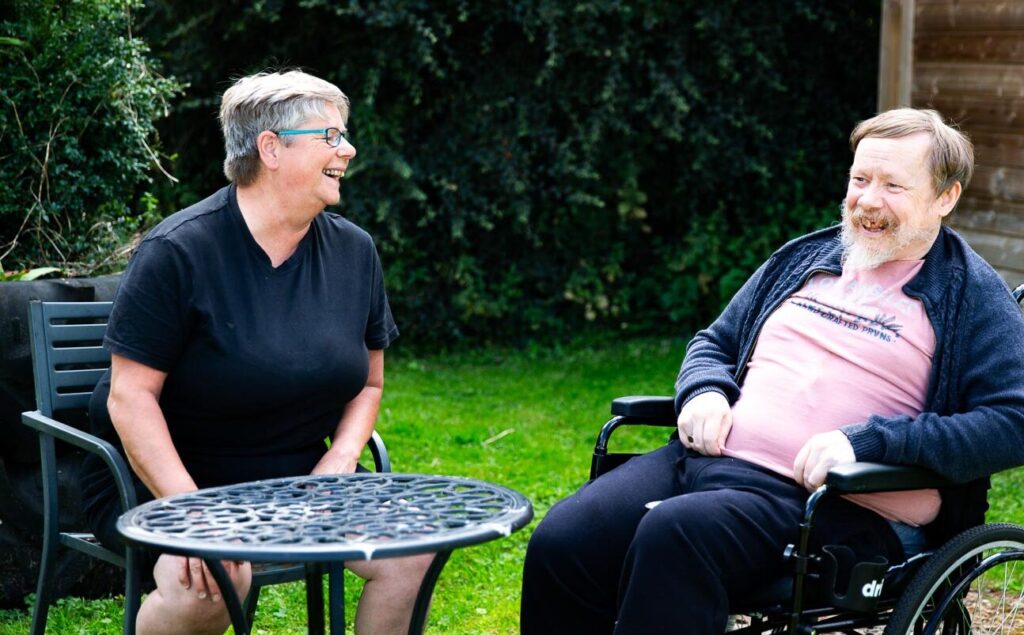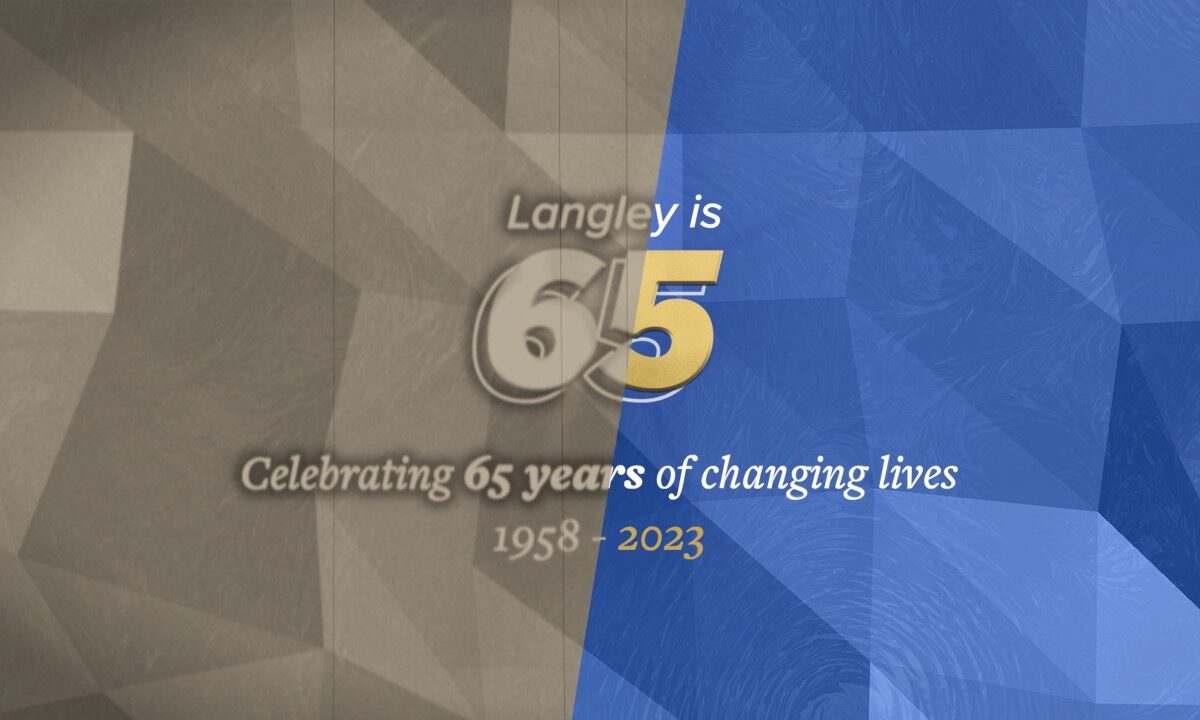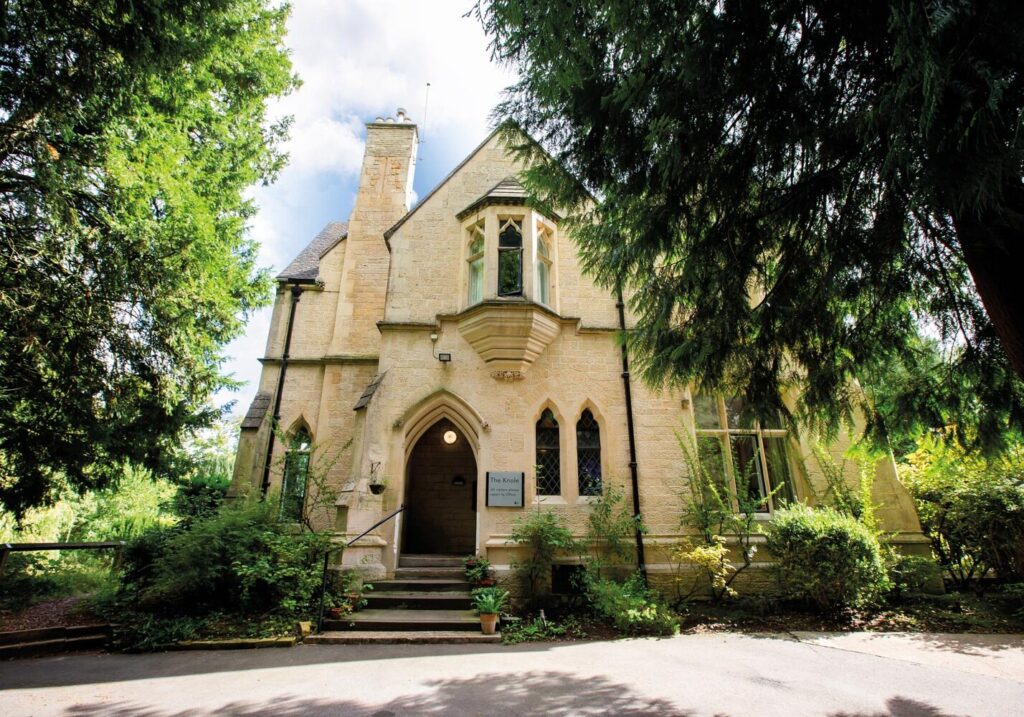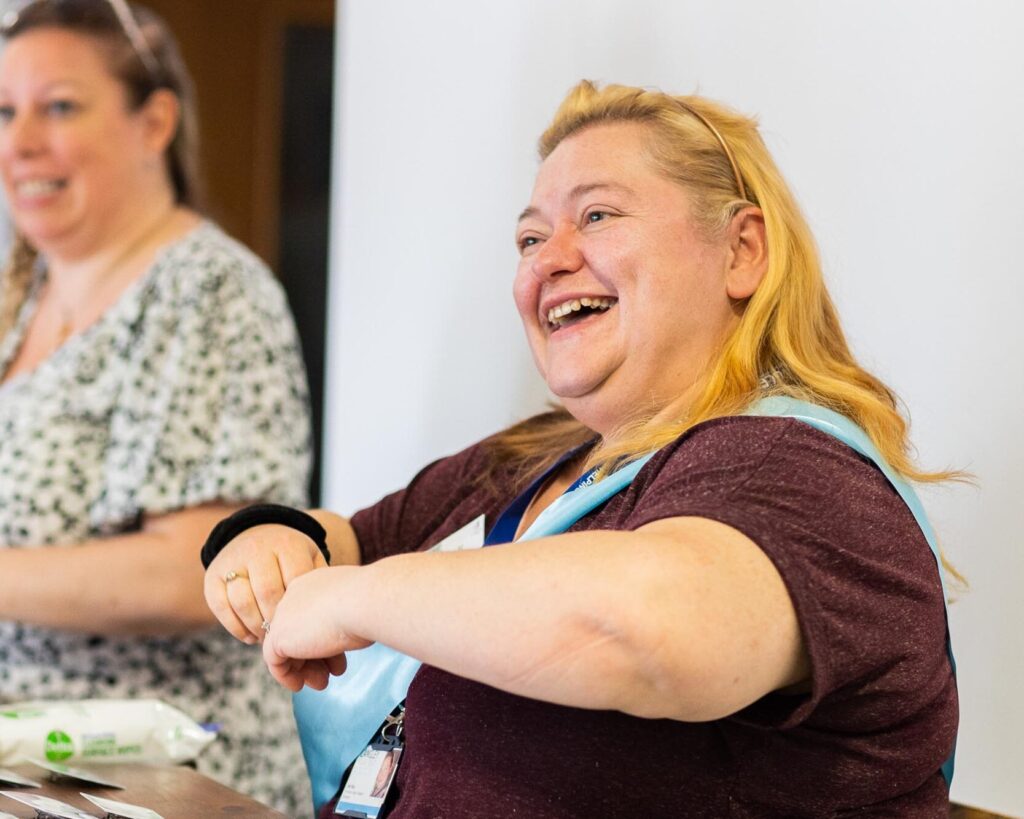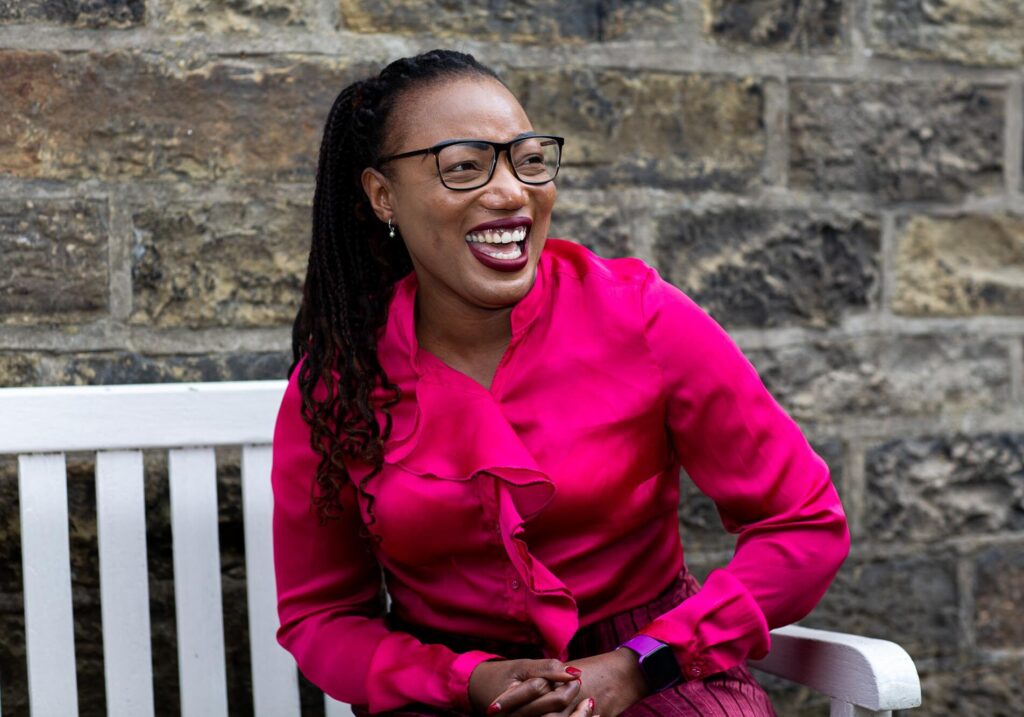In December 1959 Terence Fenby was released from Durham Prison. He walked out, bought a cup of tea and a box of matches in a transport cafe, sat down near the window and carefully set light to the curtains.
The police were called and Terence waited patiently to be returned to the relative safety of life in prison. Nobody seemed to question why.
Only a year earlier, in 1958, Langley Trust was being founded by a group of Christian men and women who were passionate about transforming the lives of men leaving prison with little to no meaningful support – men like Terence Fenby, who had nowhere to go upon release.
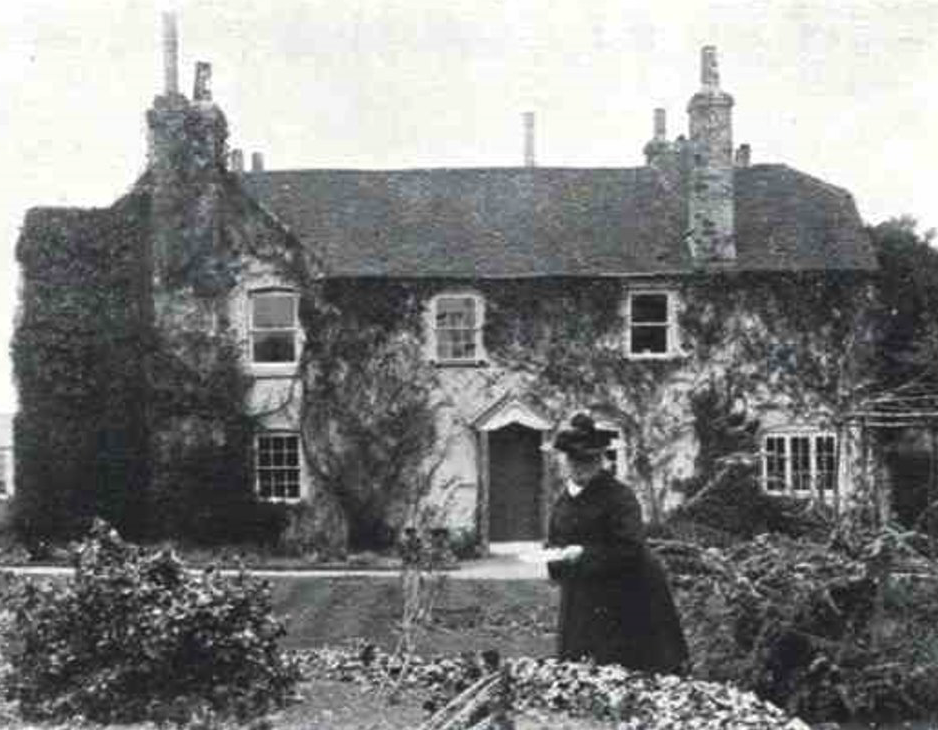
Langley’s founders, who were known as Team K, sought to buy a property called Langley House as the first home for men coming from prison.
Despite this property purchase falling through, Langley House Trust was registered with the Charity Commission on 1st September 1958. Elderfield (pictured) in Winchester was then purchased and became our first residential service: the first of many to open its doors to people with convictions.
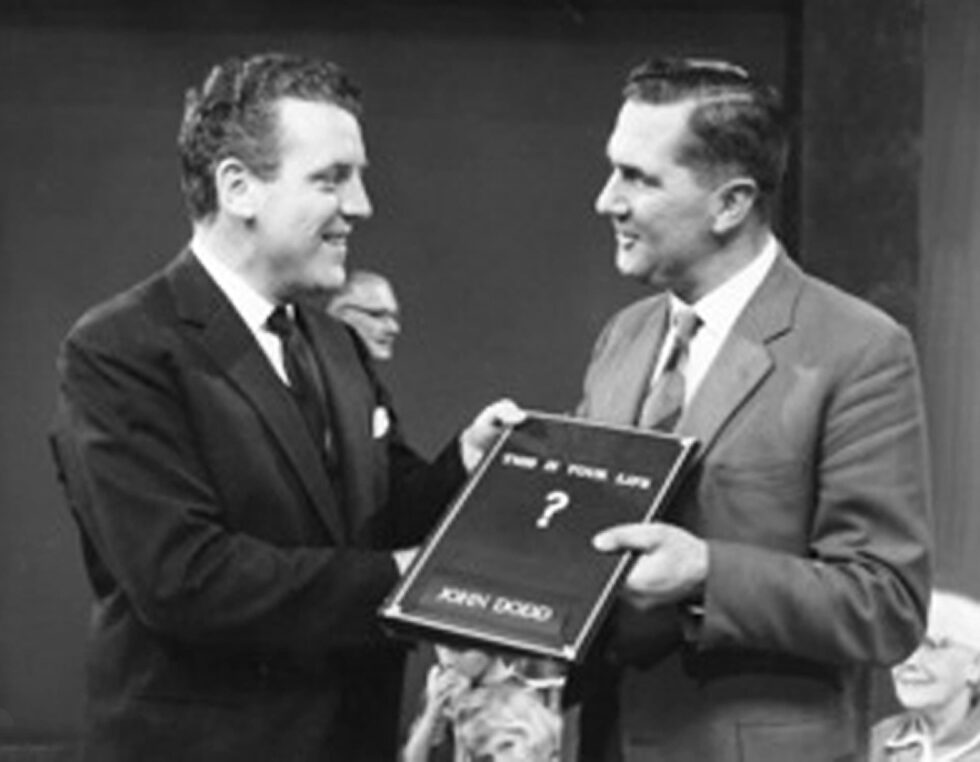
John Dodd (pictured on BBC’s This Is Your Life) was Langley’s first Director General (CEO) and would remain at the helm for over two decades. From the outset, although established by Christians in an ethos of acceptance and care, offering hope of transformation, Langley has welcomed people of all faiths and none.
Since 1958, we have worked with people just like Terence, men and women who have offended. Our vision has always been to see broken lives transformed, and broken people given a chance to be restored as they experience hope of a better future; offered genuine opportunities to move forwards and break the cycle of offending behaviour and all that accompanies it.
Watch our 65-second video celebrating 65 years of Langley
Over 65 years on, we are continuing the work our founders began. Our services have expanded beyond providing homes and our name has changed to Langley Trust, but our vision and identity remain: that everyone deserves another chance, and no-one is beyond reach.
